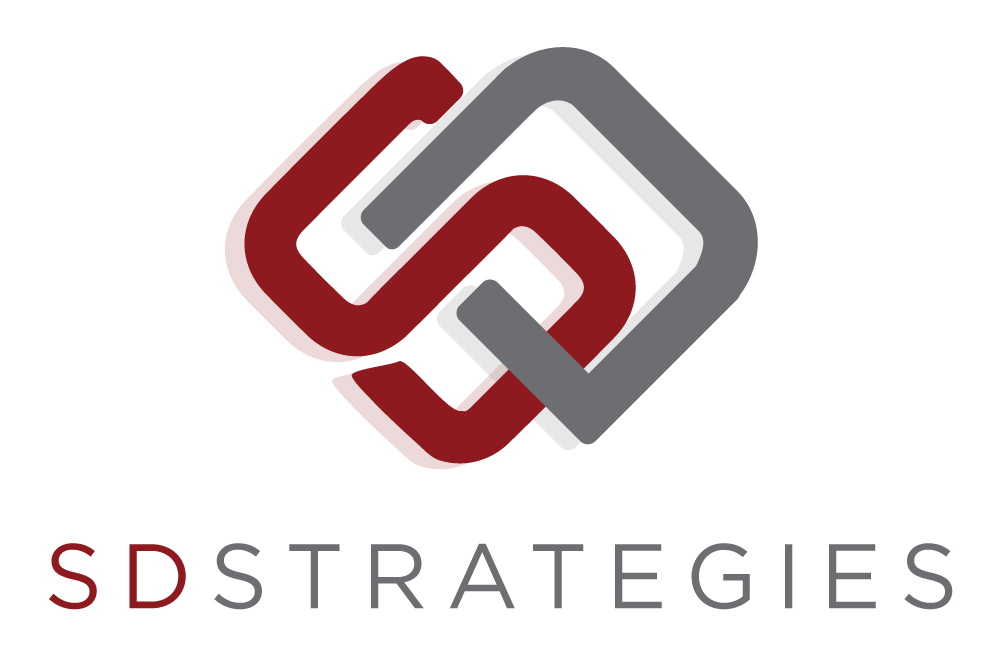Unlocking Supply Chain Resilience: A Five-Year Journey in Modern Slavery Risk Assessment
In 2019, SD Strategies embarked on a mission to redefine how organisations approach analysing and understanding modern slavery risk within their global supply chains. Over the past five years, our innovative questionnaire process has evolved based on international best practice, client feedback, and insights gained from working at the forefront of modern slavery risk assessment.
Rooted in a robust supplier risk prioritisation process, our approach considers key factors like geography, industry sector, commodity, and workforce profile. The success of our methodology is exemplified by the impressive 95% completion rates of our questionnaires, achieved through close collaboration with our clients' supplier relationship managers and effective supplier engagement processes.
Unveiling Insights: Key Findings and Customised Solutions
To date, we've analysed tens of billions of dollars in spend across diverse sectors and crafted over 70 tailor-made questionnaires. We’ve worked with clients across a diverse range of sectors including renewables, mineral and extractive industries, oil and gas, medical consumables, consumer goods, finance, clothing and apparel, ICT, health, security services, and food and beverage. Our global reach extends to Brazil, Korea, China, and Southeast Asia, complete with localised translations for seamless collaboration.
We have conducted hundreds of supplier risk assessments and identified significant, salient human rights and sustainability risks for our clients. Our assessments have resulted in:
· 42% of suppliers being identified as high risk
· 56% as medium risk
· 2% as low risk
In response, we have developed over 187 Corrective Action Plans (CAPs) and have provided close to 3000 tailored improve,ent recommendations.
Insights Driving Change: Key Gaps in Modern Slavery Risk Management
By reviewing the many corrective action plans we have prepared to date, we’ve been able to identify commonalities in the critical risk management gaps that continue demand attention:
Poor understanding of modern slavery risk among direct and indirect suppliers
Overconfidence in the capability of (often informal) internal systems and processes to manage modern slavery risk
Our key recommendations have included:
Establishing governance frameworks including defining roles and responsibilities and engaging the Board and leadership team
Developing formal grievance mechanisms and victim-centred remedy processes
Engaging and educating suppliers and other external stakeholders to more effectively manage risk
Ready to enhance your supply chain resilience and modern slavery risk management?
Contact us now and let us help you enhance your supplier Self Assessment Questionnaires (SAQ) and supplier engagement strategies.
Empower your business with a resilient supply chain and elevate your commitment to responsible practices.


